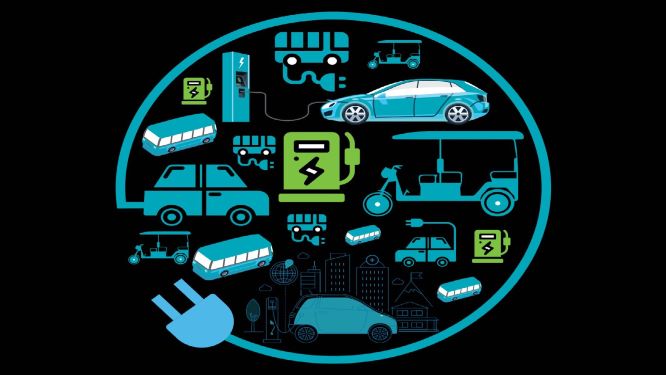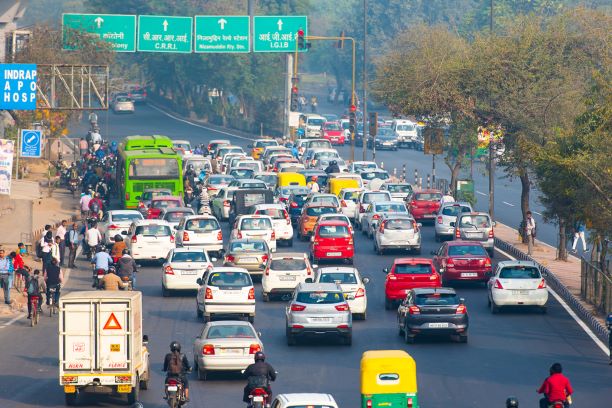

India despite being an upcoming and possibly one of the largest EV markets in the world have hiccups in adopting electric vehicles. Deloitte India maps out possible business models to help achieve its electric mobility dream.
Deloitte in its report identified Government Authority, Manufacturers, Battery Providers, Power Companies and Utilities, Energy Supplier, Operators, Commuters and Citizen Groups and Financial Institutions as the key shareholders in EV ecosystem which would need to be mapped to try to make sure that they play the role in synergy to facilitate smooth EV adoption in the country.
Going forward, Deloitte India feels that in the initial phases of EV penetration, the aim should be to reduce dependence on fuel-based private vehicles by developing e-public transport systems supplemented by electric last-mile connectivity.


“Mainstreaming EVs is thus expected to require interplay of policy, regulatory and institutional framework, demand and supply, charging infrastructure, incentives, research and development and technological improvements.” Deloitte report says.
Deloitte has charted out potential 4 business models for adoption of EVs in public transport and says, “The transition to electric buses is expected to not only help reduce carbon footprint but also save fuel.” It identifies a major roadblock –high capital cost of electric buses require changes to conventional business models rather than focusing on subsidies whose aim is to reduce the capital cost to make it comparable to conventional buses.
The key actors playing an important role: • Government authorities responsible for provision of Public Transport services (also termed as “authority”; • Bus Manufacturers (with or without batteries); • Battery Manufacturers; • Electric Utility provider; • Private Operators and • Financial Institutions
[related_post]
The report has similar subheads like:
–Potential business models for electrifying first and last mile connectivity: 4 Business models and suggestions to choose an appropriate model
–Potential business models for setting-up charging stations: 5 business models including lessons from US, Europe and case studies from companies like ENEL, Tesla and Ola.
The report concludes by highlighting why electric mobility ‘plays a central role in a city’s economic prosperity’ and underlines that “government will play an indispensable role in creating conducive environment for larger participation of private operators at all stages of EVs adoption such as manufacture, operation, charging systems, etc. for a total shift to EVs progressively.”
To read the report click here.
1. The mandate for blending Compressed Biogas (CBG) with natural gas has come into effect…
Andhra Pradesh is striving towards greening its energy sector with quite some speed. In a…
With an objective to bolster India’s green energy goals, a Tripartite Agreement has been signed…
The Union MNRE Minister Pralhad Joshi launched the Green Hydrogen Certification Scheme of India (GHCI)…
India’s energy conglomerate Bharat Petroleum Corporation Limited (BPCL) has commissioned a 5MW green hydrogen plant…
In a historical development, the European Space Agency (ESA) has successfully launched its pioneering ‘Biomass’…